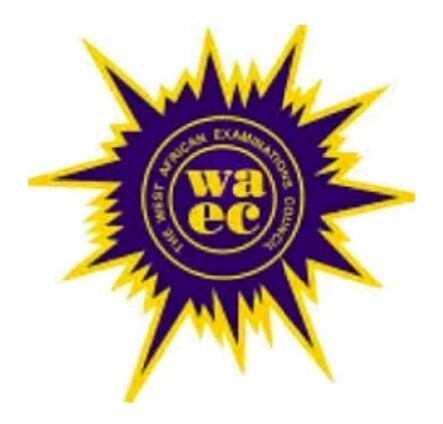Studying the Basic Electricity/Applied Electricity syllabus is crucial for your exam preparation.
This syllabus provides the necessary guidance on the topics to cover and includes helpful notes to aid your understanding.
Just like farming without agricultural tools, attempting exam preparations without referring to the Basic Electricity/Applied Electricity syllabus can be unproductive.
In this blog post, we will explore the objectives, examination scheme, and syllabus of the Basic Electricity/Applied Electricity exam conducted by the West African Examination Council (WAEC).
WAEC Basic Electricity/Applied Electricity:
The WAEC Basic Electricity/Applied Electricity examination syllabus is based on the Senior Secondary School Electricity curriculum.
Its purpose is to assess candidates’ knowledge of electrical and electronic principles, maintenance and repair of equipment, and safe working procedures.
It is important to note that this syllabus is not a replacement for the curriculum.
Objectives: The syllabus aims to test candidates on the following:
- Knowledge and understanding of basic concepts and principles of Basic Electricity/Applied Electricity.
- Ability to use tools and equipment for the maintenance and repair of electrical/electronic devices.
- Understanding of the principle of operation and application of simple electrical/electronic devices.
- Understanding of safe working procedures and safety precautions in domestic and industrial installations.
Examination Scheme:
The Basic Electricity/Applied Electricity exam consists of three papers: Papers 1, 2, and 3. All three papers are mandatory.
Paper 1:
This paper includes fifty multiple-choice objective questions to be answered within one hour, carrying a total of 50 marks.
Paper 2:
Divided into three sections (A, B, and C), candidates must answer questions from their respective sections.
- Section A is compulsory for all candidates, requiring answers to three out of four questions.
- Section B is exclusive to candidates in Ghana, who must answer two out of three questions.
- Section C is for candidates in Nigeria, Sierra Leone, and The Gambia, who must answer two out of three questions. The duration of Paper 2 is one hour, and it carries 50 marks.
Paper 3:
This practical paper involves candidates conducting two experiments within three hours, accounting for 100 marks.
WAEC Basic Electricity/Applied Electricity Syllabus:
-
Direct Current Circuit Theory:
- Structure of matter.
- Resistors.
- Conductors and insulators.
- Ohm’s law and Kirchhoff’s laws.
- Power and energy.
-
Magnetic Field and Electromagnetism:
- Fundamentals of magnetism.
- Concept of electric field.
- Capacitors.
- Electromagnetic field.
- Self and mutual induction.
-
Measuring Instruments:
- Moving-coil instrument.
- Moving-iron instrument.
- Digital instrument.
-
Digital Electronics:
- Binary number.
- Logic gates.
-
Alternating Current Circuit Theory:
- Generation of e.m.f. in a single turn coil.
- A.C. quantities.
- RLC circuits.
-
Transformers:
- Types of transformers.
- Principles of operation.
- Losses and temperature rise.
- Efficiency and cooling.
-
Power Supply:
- Power supply units.
- Rectification.
-
Electrical Machines:
- A.C. motors (Single phase).
- Alternators.
- A.C. motors (Three-phase).
- D.C. generators.
- D.C. motors.
-
Electrical Energy Supply:
- Generating station.
-
Electrical Wiring:
- Electrical installation.
- Wiring.
- Protection.
- Earthing.
-
Maintenance, Fault Diagnosis, and Repairs:
- Testing of an installation.
- General workshop safety.
-
Electricity Transmission and Distribution:
- Transmission.
- Distribution of electricity.
-
Maintenance and Repair of Various Electrical Appliances:
- Maintenance.
- Maintenance and repair of electrical appliances.
Conclusion
The Basic Electricity/Applied Electricity syllabus provided by WAEC serves as an invaluable resource for exam preparation.
It outlines the topics to be covered and offers guidance on the principles, maintenance, and repair of electrical/electronic devices, emphasizing safety precautions.
By following this syllabus, candidates can enhance their understanding and perform well in the exam.
Remember to utilize the recommended textbooks mentioned in the syllabus for a comprehensive study.
Good luck with your preparations, and if you have any questions, feel free to leave a comment below!






